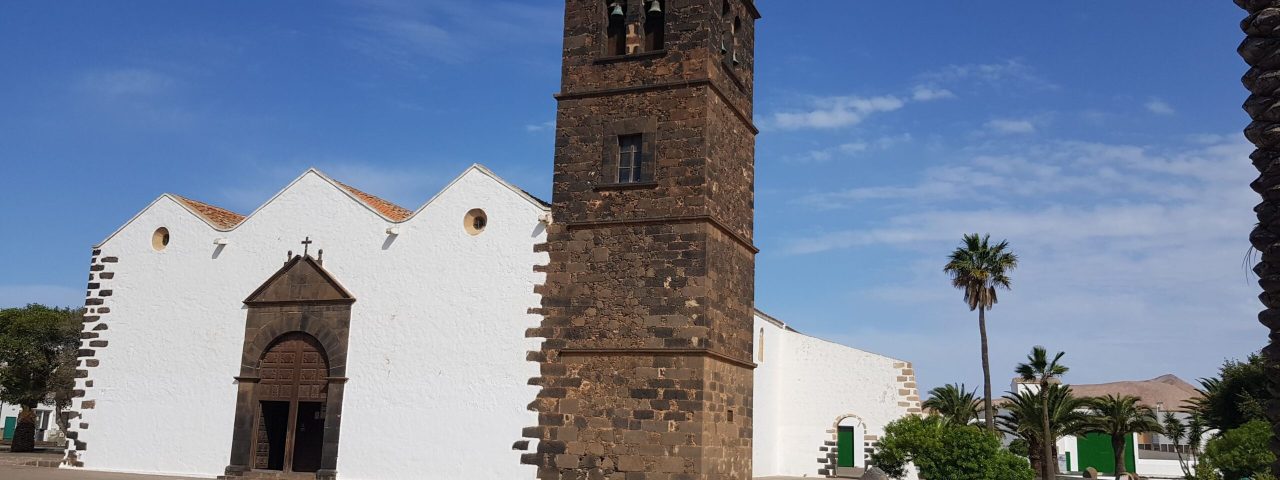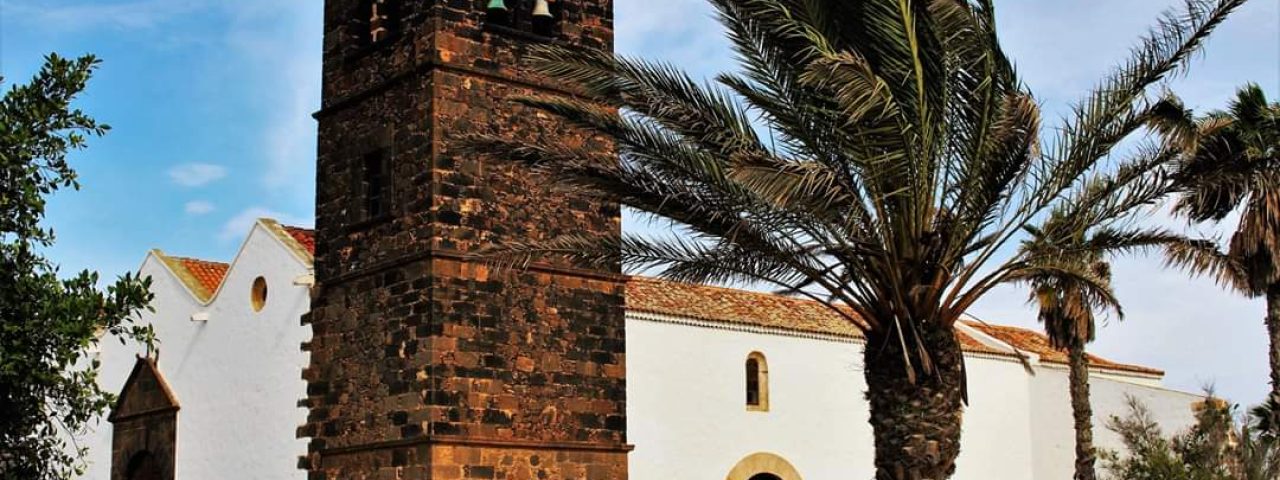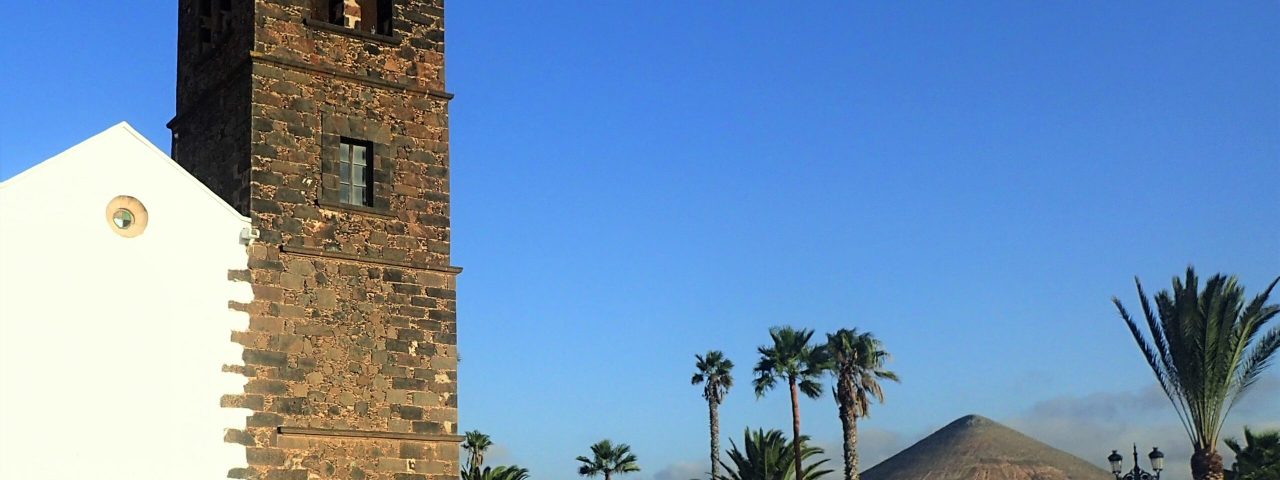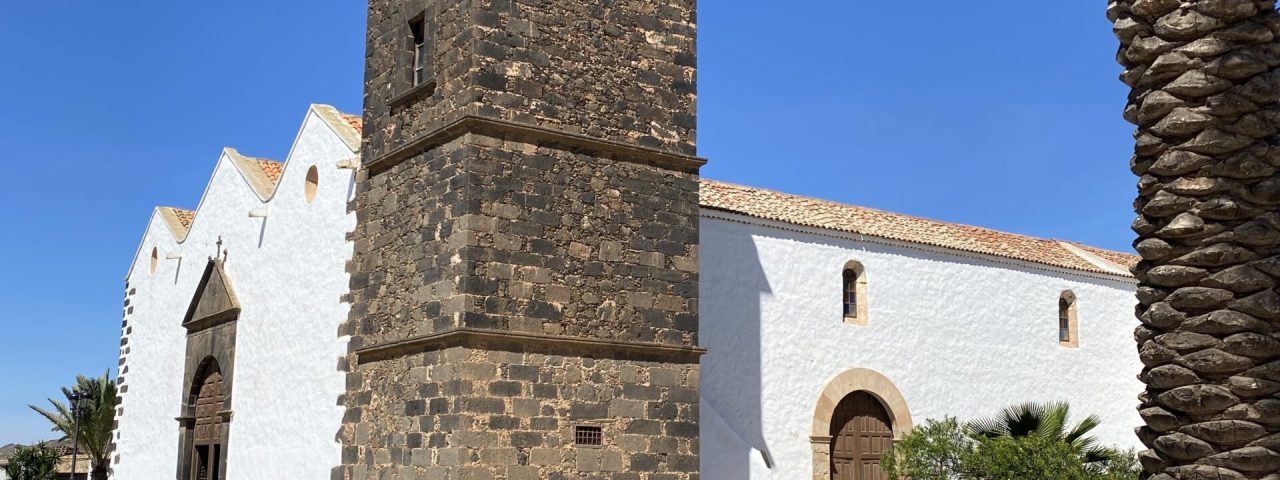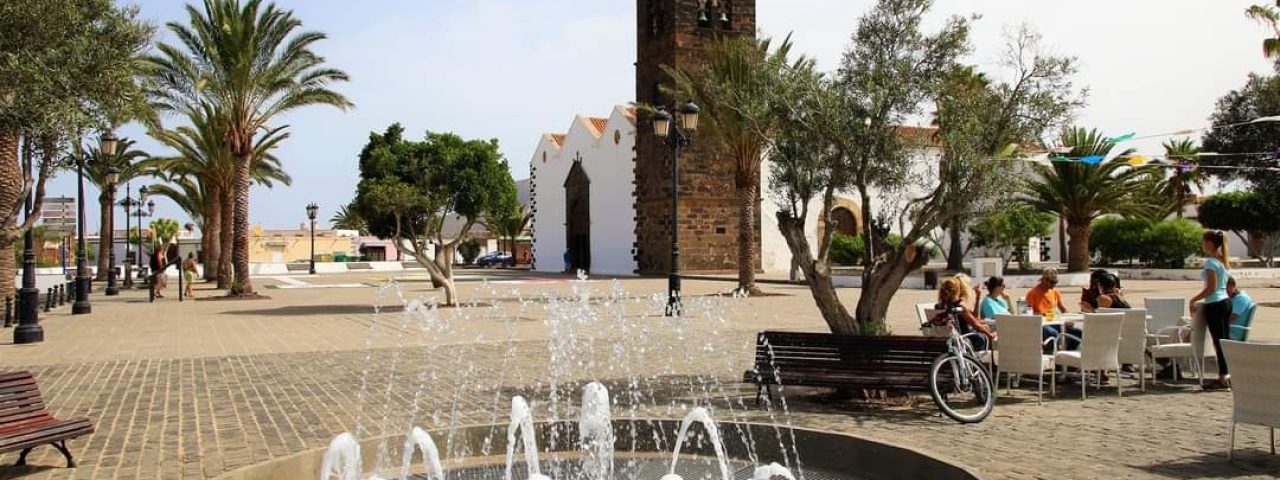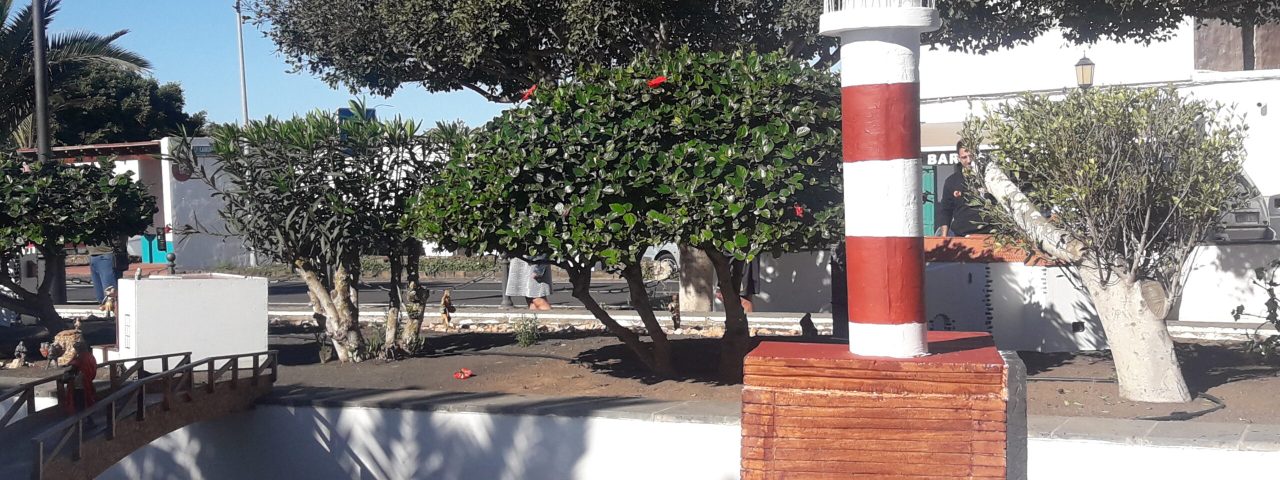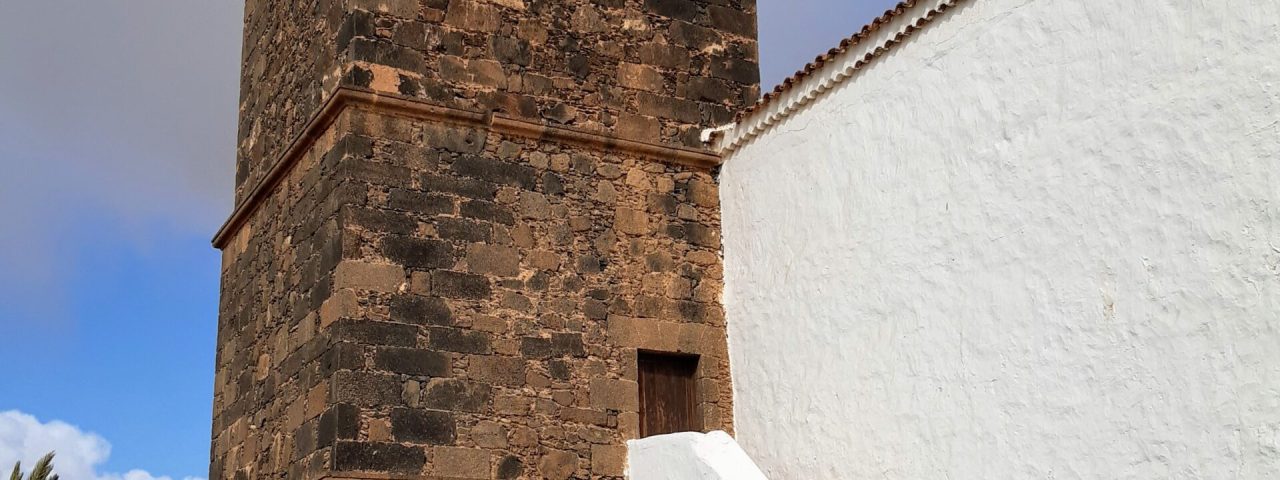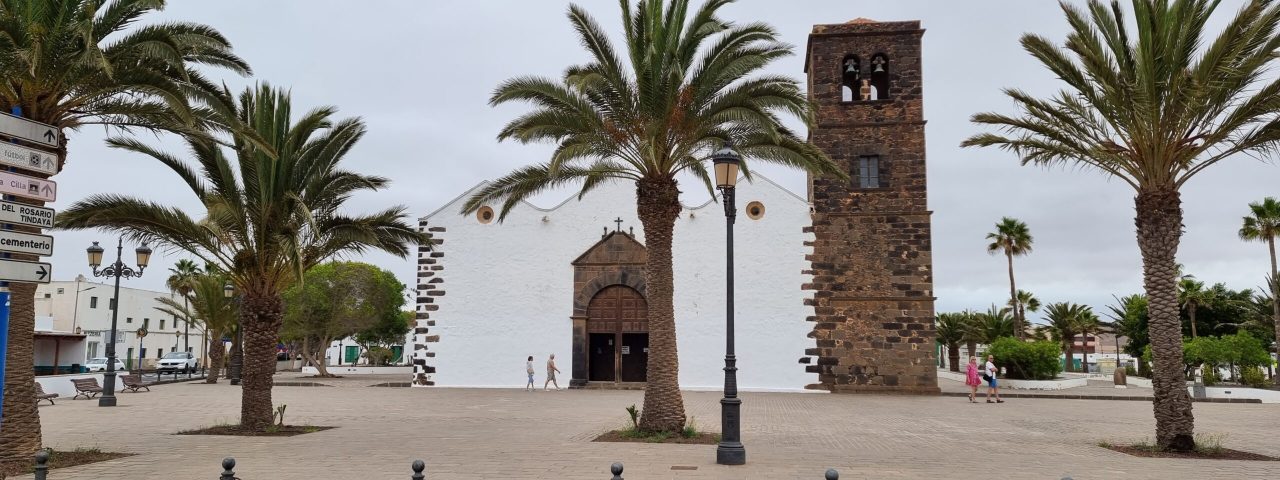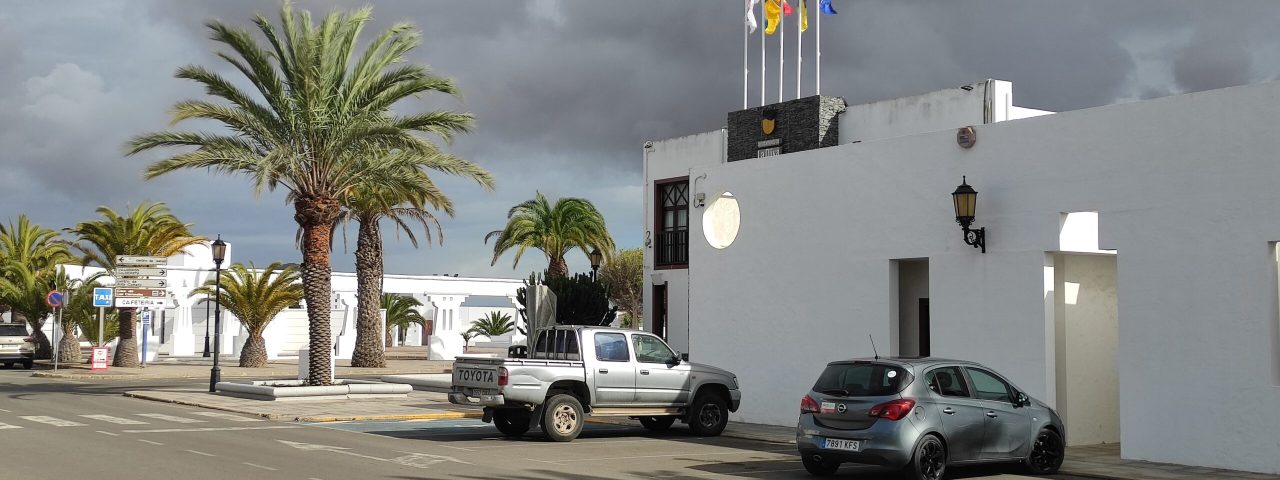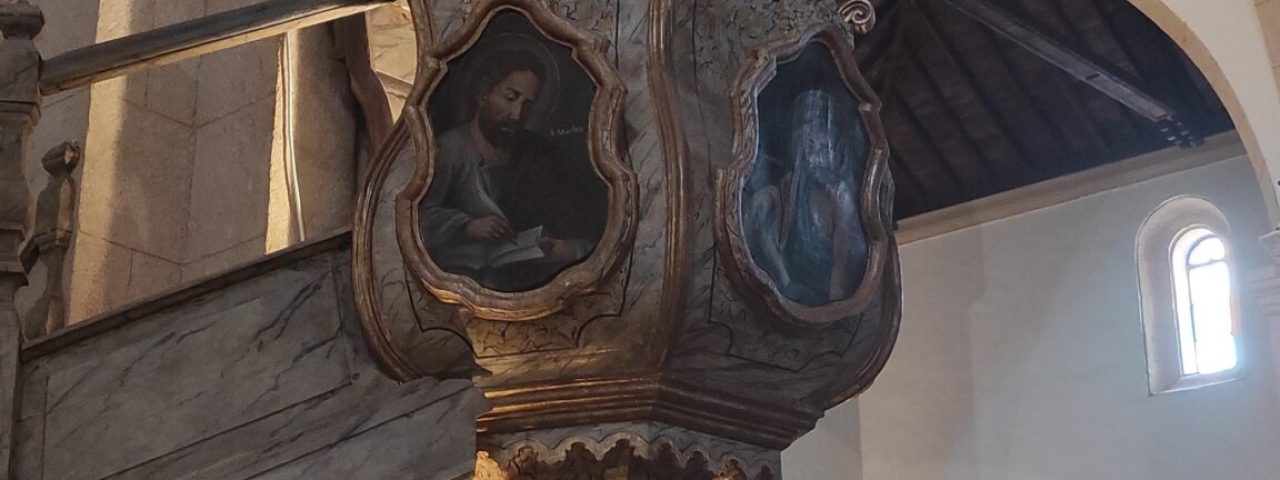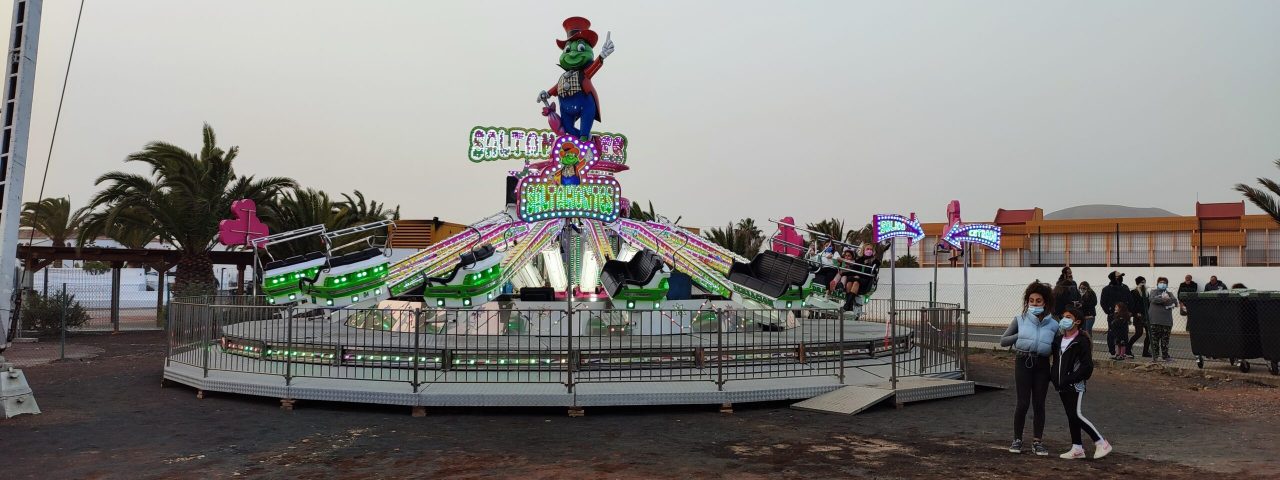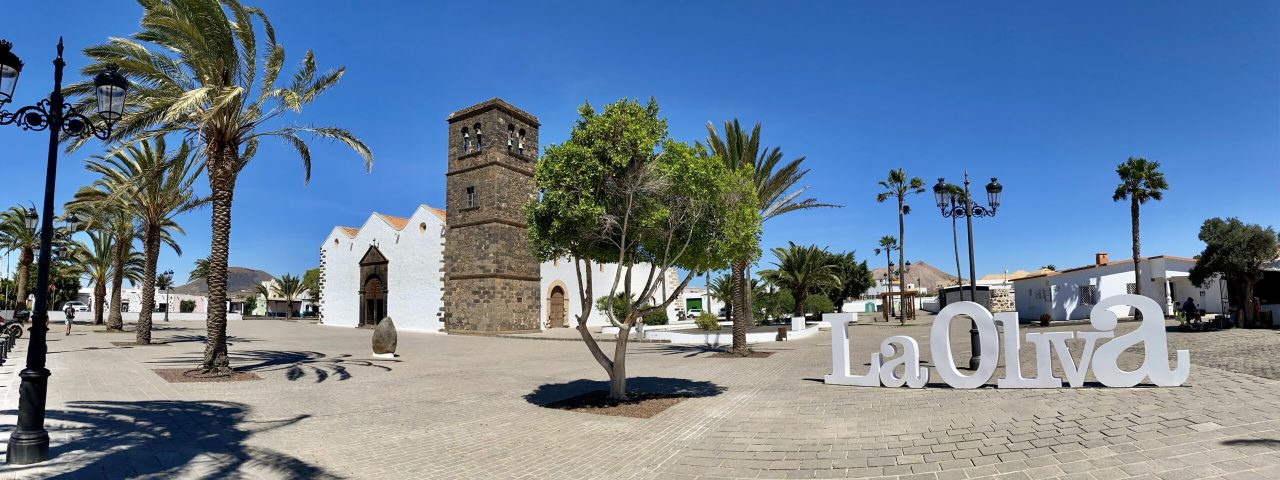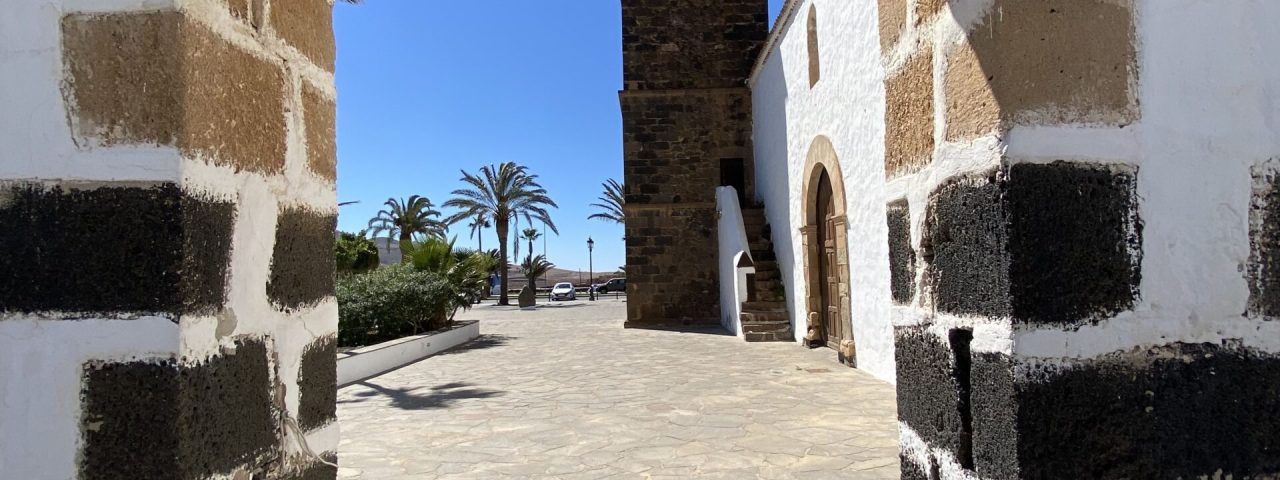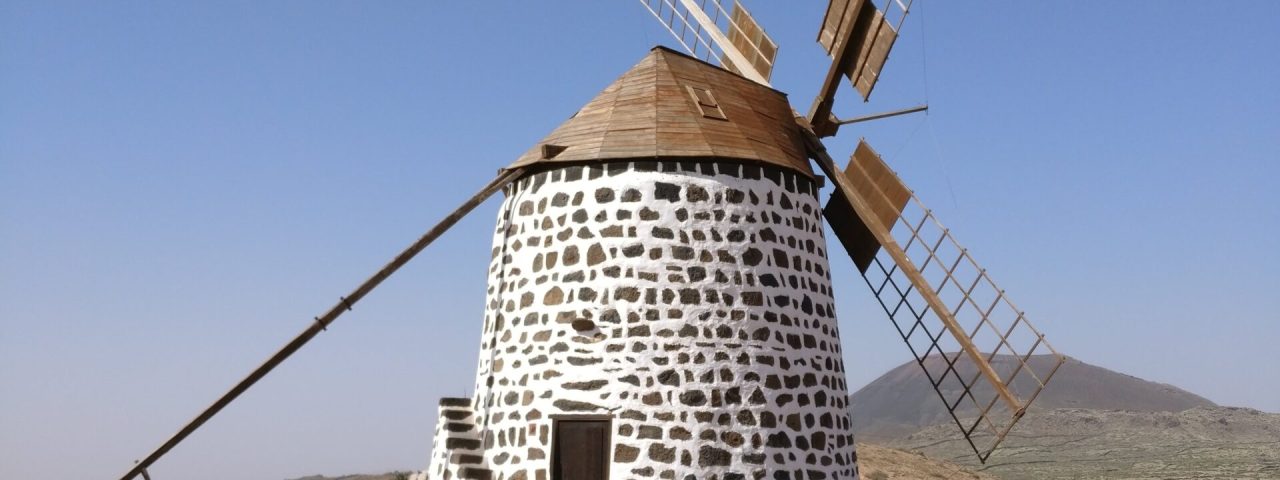La Oliva has a rich and fascinating history that is closely tied to the broader history of Fuerteventura. The region was originally inhabited by the indigenous Majoreros before the Spanish conquest in the 15th century. Over the years, it evolved into an important administrative center, especially during the 17th and 18th centuries when it served as the seat of the island’s military government. Several historical events, including skirmishes with pirates, shaped its development, leaving behind notable landmarks such as the House of Colonels (Casa de los Coroneles), a grand 18th-century mansion that is now a cultural center.
The culture of La Oliva is steeped in the traditions of Fuerteventura, with a strong influence from both its indigenous roots and Spanish colonization. Visitors can experience traditional Canarian music, folk dances, and festivals that celebrate local customs. One of the most important events is the “Romería de la Virgen de la Candelaria,” a pilgrimage that brings together locals and visitors in a colorful display of devotion and community spirit.
Local artisanship is another cornerstone of La Oliva’s cultural identity, with many workshops and markets offering handmade goods such as pottery, leather crafts, and traditional textiles. The preservation of these customs is evident throughout the town, making it a must-visit for those interested in history and culture.
